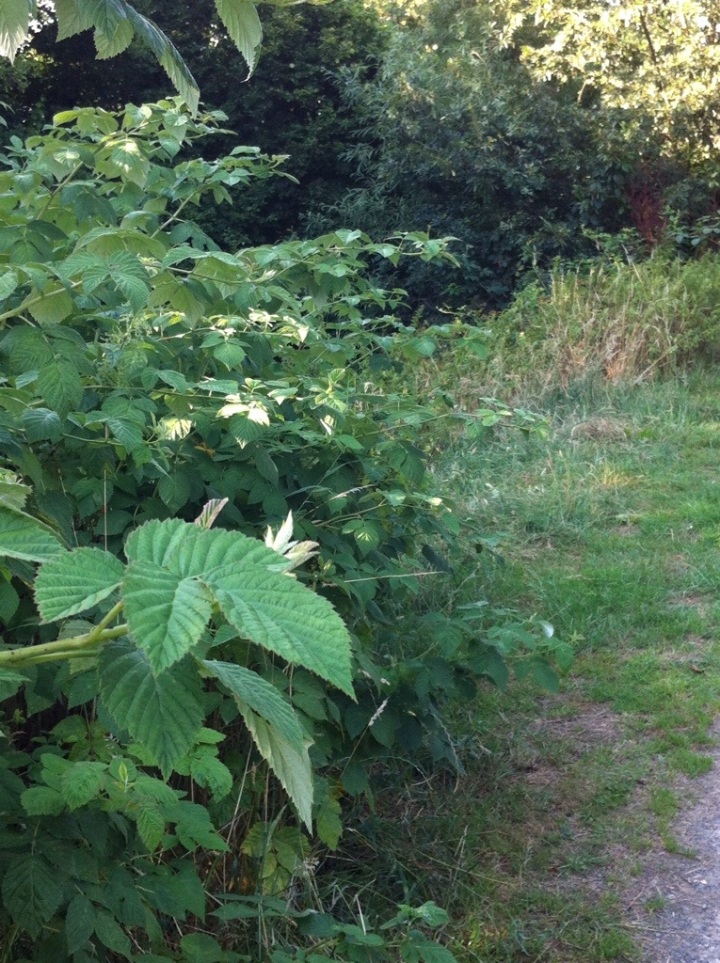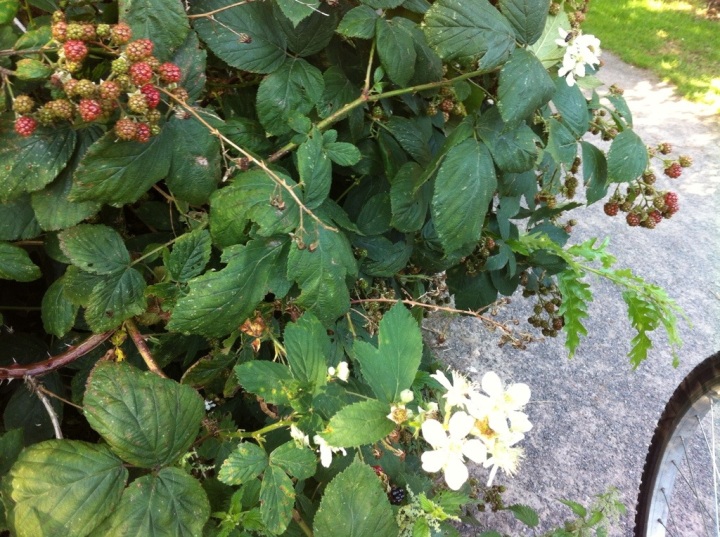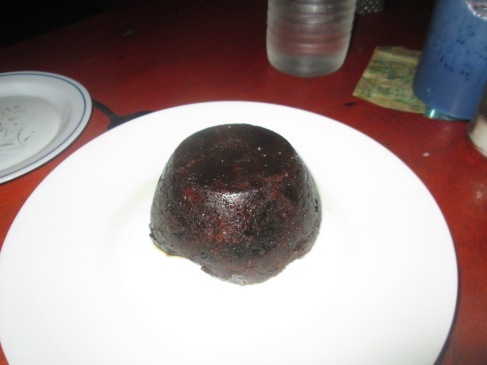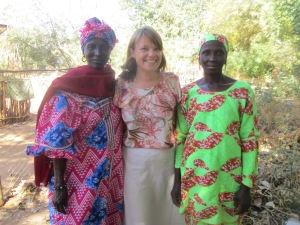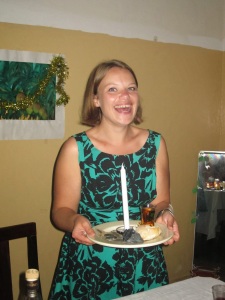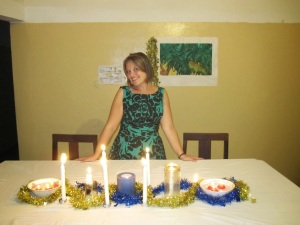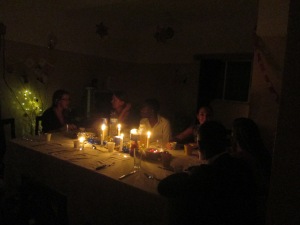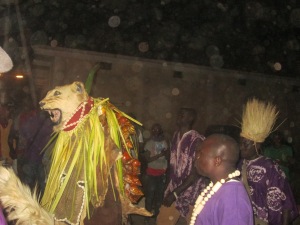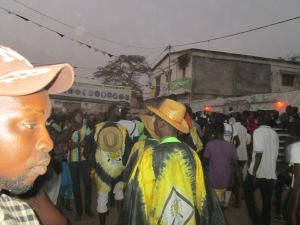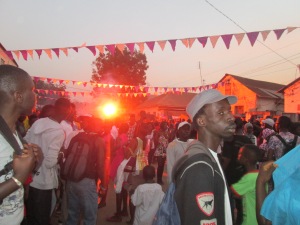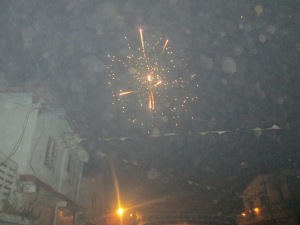On Valentine’s Day I wrote about a breakfast. I was in Kuntaur, the town with the highest number of children per woman and terrible unemployment, poverty, disease, education and need. Once a thriving industrial hub and party town, Kuntaur now limps along for the few pennies raised from hippo spotting boat trips. The fences are rusted corrugate heaps loosely held together. The roads are rutted mud paths blown across with sand.
There are a few government buildings, the local area council and a department of agriculture complex. As usual the officers are male and the busiest part of any day is when “travel expenses” are handed out after meetings for people who probably came along in the prepaid luxury of a government or NGO pick up truck.
Kuntaur, like the rest of The Gambia also has very high rates of Female Genital Mutilation (FGM). FGM has been in the news here in the UK, with pledges against it from the government urged on by female members of the cabinet taking an issue of violent child, gender and sexual abuse seriously and right to the top of the political agenda for a few moments. As seems to happen regularly, from immigration cases to stories raised in parliament, the Girl summit included another tale with a Gambian link. This time it was Jaha Dukureh, an activist in America originally from The Gambia. Despite this growing prominence of Gambian women fighting on the international stage and locally The Gambia still has no effective laws against FGM. Some claim it would drive the practice underground, but then good policing is the answer, just like when Gambia became a base for policing the abolition of the African slave trade.
But I went to Kuntaur as a tourist. I wanted to see a hippopotamus. Whilst I went overseas to work and to see how systems operate and to help develop projects, spotting a hippo in the wild was one of the three “gap year traveller” style things I really, really wanted to do in The Gambia. I travelled with another VSO volunteer and his girl friend. She had worked at the Kuntaur agriculture office before and booked us rooms overnight. The staff were delighted, more do when they learned I could speak some of the local language. We played with the children. We were treated to an amazing breakfast. During which a man came in and shared tea with us.
He’d been the driver taking the local girls to be circumcised by the river. I went quiet, my instinct to shout, my training and the habitual gender norms of being a woman commanding me to be “polite” to my hosts and understanding of another culture, my language too weak to have the argument. My training was wrong. I knew what he had done and what they were talking about. I should have stood up and refused to break bread with someone who breaks children and women. Like Jaha I should have stood up.
